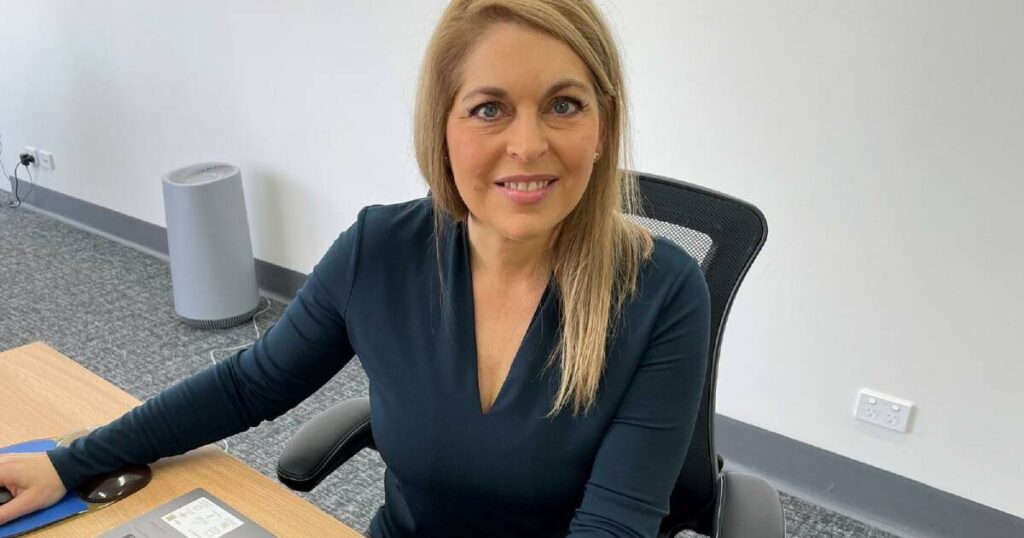
Increasing public discourse around hormone health has gained momentum, with prominent figures such as Oprah Winfrey, Naomi Watts, and fitness expert Michelle Bridges sharing their insights on the importance of addressing hormonal changes in women’s health. According to General Practitioner Dr. Ginni Mansberg, women are now more recognized in discussions about their health, yet many remain hesitant to seek medical advice, particularly regarding perimenopause.
Dr. Mansberg, who is also a television personality and author of the book The M Word, emphasizes that the term “perimenopause” should not be overlooked, as it significantly impacts healthy aging. “A lot of my patients just go, ‘I just don’t feel like me’,” she stated during an interview with The Senior.
In her perspective, the current trend on social media suggesting that all women should start hormone therapy at the onset of perimenopause lacks evidence. “The idea that has somehow got onto TikTok that every single woman needs to be on hormone therapy the minute they hit perimenopause, because it’s good for them—that’s not evidence-based at all. We use it to treat symptoms,” said Dr. Mansberg.
Women’s health has evolved to become more patient-centered, allowing for shared decision-making between patients and healthcare providers. Nonetheless, Dr. Mansberg stresses the importance of women taking responsibility for their health.
According to data from the Australian Bureau of Statistics, although women utilize health services more than men, they tend to delay seeking medical attention. A 2025 survey conducted by Dairy Australia revealed that less than half of Australian women aged 40 to 59 feel they have sufficient time to focus on their health and well-being.
Dr. Mansberg highlighted the challenges of communicating health concerns to patients, saying, “As a doctor, I always find it really, really hard to walk this really difficult line between sounding super judgy and saying, ‘Hey love, sorry, this s**t has got to change now.'”
As women navigate the changes brought on by perimenopause and menopause, Dr. Mansberg encourages them to adopt healthier habits. Simple actions, such as drinking milk for calcium and protein to combat osteoporosis, along with incorporating weight-bearing exercises, can mitigate symptoms and reduce the risk of various health issues.
Recent statistics from the Australian Institute of Health and Welfare indicate a 10 percent increase in cancer diagnoses among women from 2000 to 2024, alongside a growing burden of musculoskeletal conditions in older women. Dr. Mansberg noted the potential for other health issues during this transition, including skin problems and autoimmune disease flare-ups.
“Estrogen is not only anti-inflammatory, but when you lose your estrogen, you become more insulin resistant as well,” Dr. Mansberg explained. This shift can lead to pre-diabetes and weight gain. She underscores that while this period can be daunting for many women, it often serves as a catalyst for taking their health seriously.
On the day of the interview, Dr. Mansberg celebrated a personal milestone—her “day of menopause”—marking a full year without a period. Two years prior, at the age of 55, she made a significant career change to ensure she could walk to work and increase her physical activity.
“I cannot tell you the number of patients that I see who look back with regret at not prioritizing their health when they could,” Dr. Mansberg said. “They often don’t think about it until they have been diagnosed with a cancer that is lifestyle-related.”
This growing awareness among celebrities and health professionals alike is paving the way for more open discussions about hormonal health, empowering women to take charge of their well-being.







